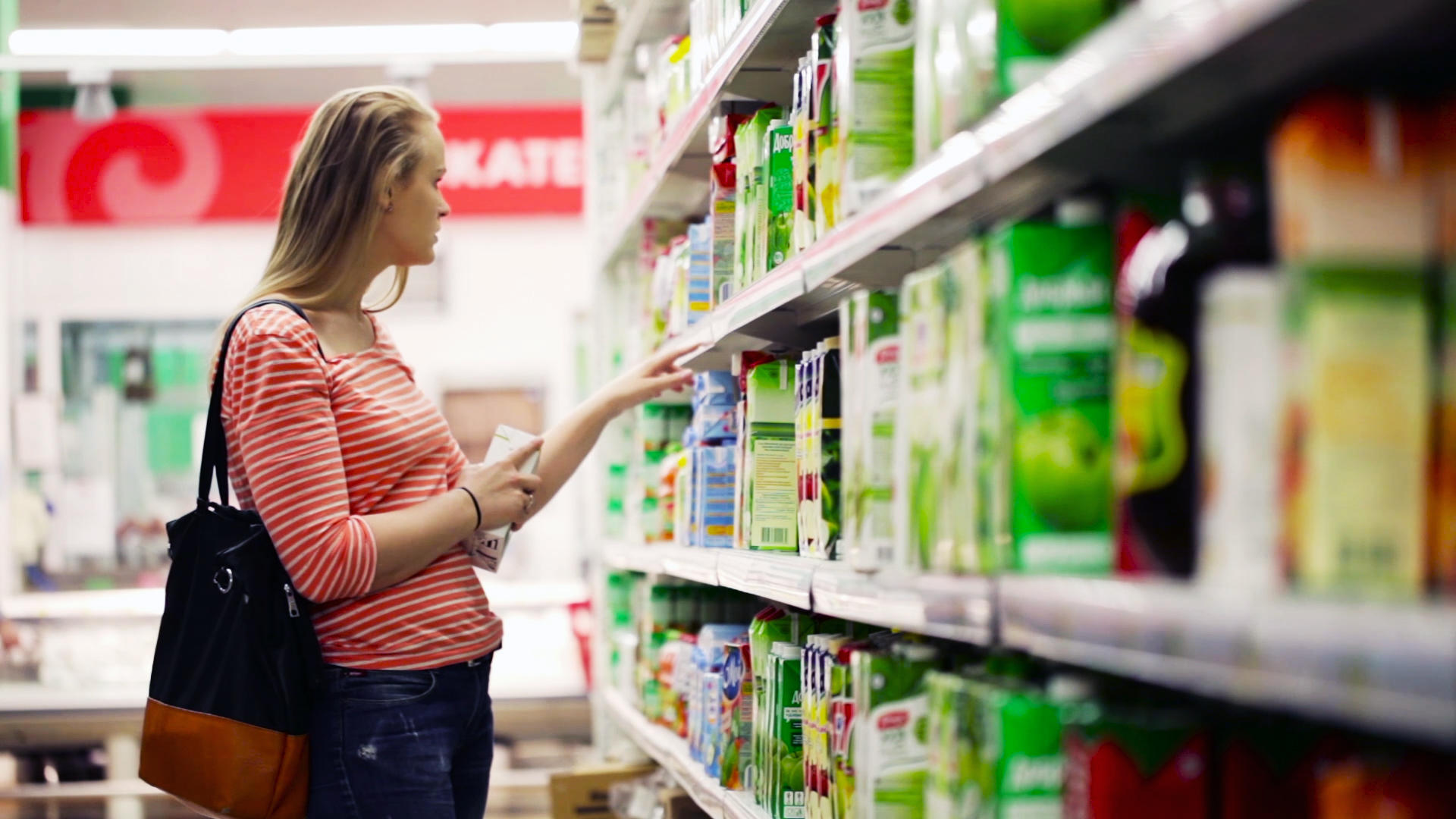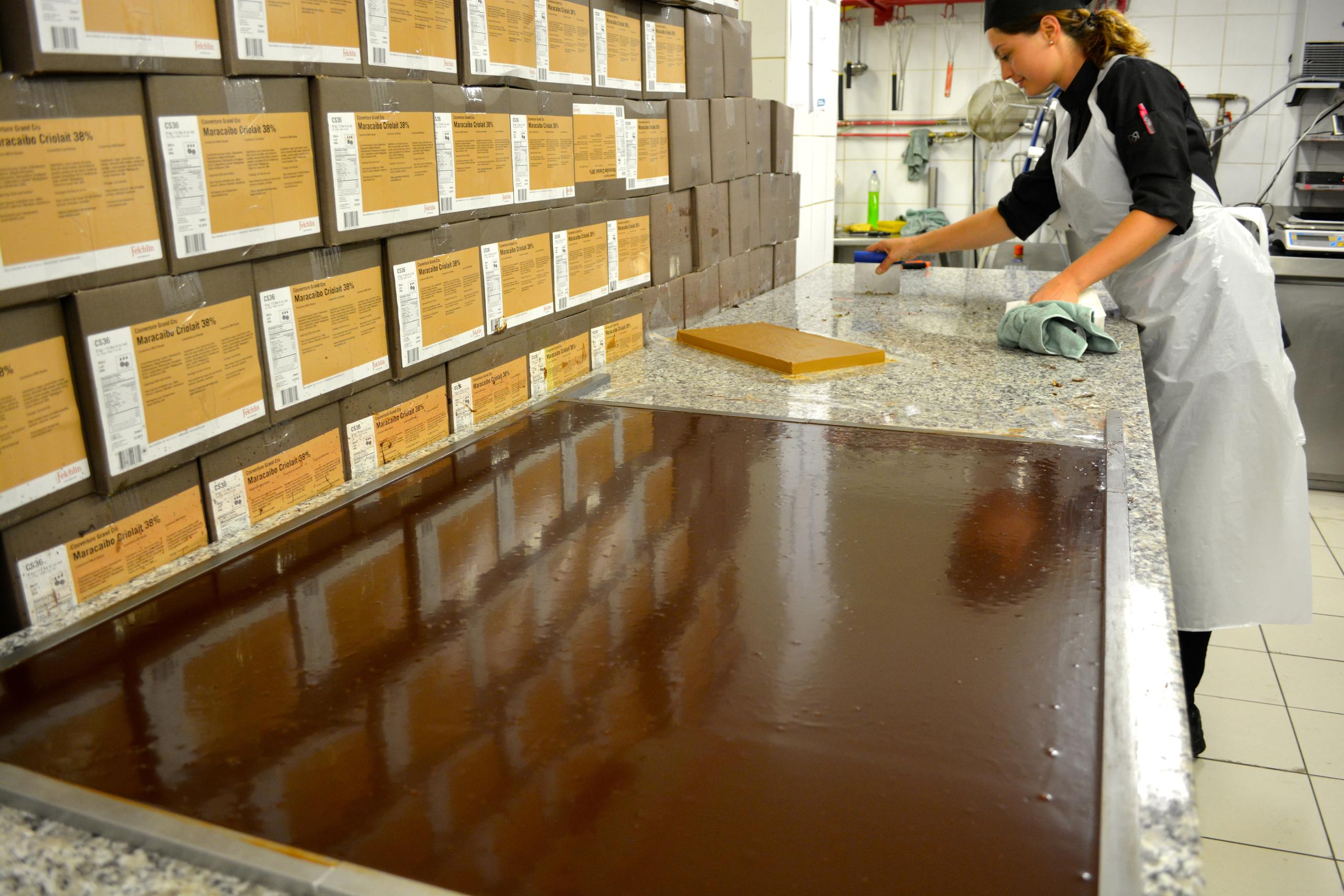Nestlé accused of ties to Indonesian palm oil labour abuse

Indonesian children as young as eight are working in hazardous conditions on palm oil plantations to supply multinationals like Nestlé, the campaign group Amnesty International claims in a new report. The Swiss food giant says it will investigate allegations.
According to the Amnesty report ‘The great palm oil scandal: Labour abuses behind big brand names’ released on Wednesday, palm oil plantations in Indonesia run by the world’s biggest palm oil grower, Singapore-based agri-business WilmarExternal link, employ young children and resort to forced labour practices.
The NGO’s investigators spoke to 120 workers on palm plantations owned by two Wilmar subsidiaries and three Wilmar suppliers in Kalimantan and Sumatra in Indonesia. They found children aged 8-14 doing hazardous, hard physical work and occasionally dropping out of school to help their parents on the plantations.
Amnesty said the children work without safety equipment on plantations where toxic pesticides are used, and carry heavy sacks of palm fruit that can weigh between 12-25kg.
It found that women were also forced to work long hours or risk having their pay cut, paid below the minimum wage and kept in insecure employment without pensions or health insurance. Amnesty said workers also suffered injuries from handling paraquat, a toxic herbicide still used in the plantations despite being banned in the European Union and by Wilmar itself.
Using export data and information published by Wilmar, Amnesty traced the palm oil produced on the Indonesian plantations it surveyed to nine global firms: AFAMSA, ADM, Colgate-Palmolive, Elevance, Kellogg’s, Nestlé, Procter & Gamble, Reckitt Benckiser and Unilever.
The NGO said none of the companies it had contacted denied that the abuses had been taking place, nor did any provide examples of action taken to deal with labour rights abuses in Wilmar’s operations.
Improving traceability
Nestlé spokeswoman Cornelia Tschantré said the practices identified in the Amnesty report had ‘no place’ in Nestlé’s supply chain.
She told swissinfo.ch that the firm had engaged ‘extensively’ with Amnesty during the drafting of the report and would now investigate the allegations related to their purchase of palm oil and Nestlé’s suppliers.
Wilmar supplies around 10% of all palm oil used in Nestlé products.
“We are working closely with the company to improve traceability. Now, 83% of the volume that we purchase is traceable back to the mill of origin and 11% is traceable to plantation. This traceability does not yet extend to the plantations at the centre of the allegations in Amnesty International’s report,” said Tschantré.

The report said three of the five Indonesian palm growers investigated were certified as producing ‘sustainable’ palm oil under the Roundtable on Sustainable Palm OilExternal link, a body set up in 2004 to clean up the palm oil sector after environmental scandals.
Amnesty accuses the companies of hiding behind this initiative to avoid greater scrutiny.
“These companies have strong policies on paper but none could demonstrate that they had identified obvious risks of abuses in Wilmar’s supply chain,” said Seema Joshi, Amnesty’s Head of Business and Human Rights.
Tschantré said over the past six years Nestlé had been working with partners, including The Forest TrustExternal link, to improve transparency, traceability and supplier behaviour in the palm oil industry.
“We have processes in place to assess where the risk of labour or human rights violations exist in our supply chain and we are taking action to address these. Where our suppliers fail to meet the provisions in our supplier codeExternal link, including on labour rights, we will suspend them,” she said.
“Given the complexity of the palm oil industry and the estimated four million people that it employs in south-east Asia, progress in addressing labour and human rights issues relies on cross-industry efforts. We will continue to play an active role, alongside others.”
Joshi said ultimately multinationals must be more transparent about what goes into their products.
“They must disclose where the raw materials in the products on our supermarket shelves come from. Until they do, they will be benefiting from and contributing in some way to the labour abuses happening. They are showing a total lack of respect for customers who think they are making ethical choices at the checkout counter,” she declared.

In compliance with the JTI standards
More: SWI swissinfo.ch certified by the Journalism Trust Initiative











You can find an overview of ongoing debates with our journalists here . Please join us!
If you want to start a conversation about a topic raised in this article or want to report factual errors, email us at english@swissinfo.ch.